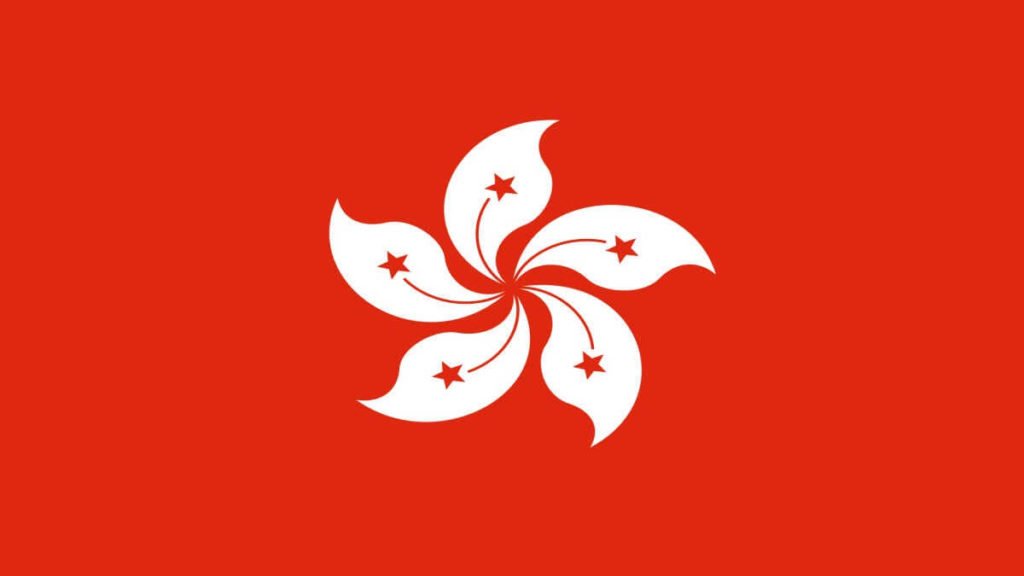On Wednesday, Secretary of State Mike Pompeo announced to Congress that Hong Kong can no longer be considered autonomous from China. The move comes after months of protest in the region, where Hong Kong citizens took to the streets to demand their sovereignty remain protected. A day after Pompeo’s announcement, Beijing announced the near-unanimous approval of a wide-sweeping law that inhibits political subversion and other individual freedoms in the island city.
Hong Kong Loses Its Special Status
Hong Kong has been a “Special Administration Region” of the People’s Republic of China since 1997 when Britain officially ended its century-long claim to the island. Part of the pass-off between Britain and China was a guarantee that the people of Hong Kong, many of whom spoke English as a first language and enjoyed a capitalist society, would be given fifty additional years of autonomy before China could implement its communist rule over the region.
But Beijing has increasingly intruded on the freedoms of Hong Kong in recent years, sparking massive protests in late 2019, where pro-democracy activists demanded that Hong Kong permanently separate from China’s rule.
On Wednesday, Secretary Pompeo wrote the following in his statement to the United States Congress:
“The State Department is required by the Hong Kong Policy Act to assess the autonomy of the territory from China. After careful study of developments over the reporting period, I certified to Congress today that Hong Kong does not continue to warrant treatment under United States laws in the same manner as U.S. laws were applied to Hong Kong before July 1997.” He continued, “No reasonable person can assert today that Hong Kong maintains a high degree of autonomy from China, given facts on the ground.”
In brief, Pompeo revealed that China has tightened its grip on the region so fiercely that Hong Kong no longer constitutes an autonomous state.
What does this mean for business?
Hong Kong is known for being a world business and financial center. Because of the “one country, two systems” model established when Britain relinquished control of the colony to China, Hong Kong is in a unique position as a global financial force. Its proximity to and measured relationship with China has allowed it to be an interface between the more isolationist China and global trade.
Hong Kong’s culture emphasizes capitalism, with a free market and competitive tax regime. Because of its Westernized culture, which itself is a result of Hong Kong’s colonial history, countless international businesses have set up bases in the region. Companies like IBM, Chanel, Deloitte, and Goldman Sachs are deeply rooted in Hong Kong.

One of the most important aspects of Hong Kong is its free port. This means there are no tariffs charged on the import or export of goods, making it extremely attractive to corporations. But now that its sovereignty has been compromised, the U.S. will have to treat it the way it treats mainland China, facing tariffs from President Trump’s trade war.
Multinational businesses will now have to take the cost of shipping to and from this region into account when deciding whether to remain in the region. Hong Kong may soon see a mass exodus of western businesses.
How does this affect China and the U.S.?
What ought to concern China most is the fact that Hong Kong is such a center for investment. In fact, many Chinese corporations depend upon the Stock Exchange of Hong Kong. And while Hong Kong will be crippled by American tariffs, Beijing will likely recognize how crucial it is to maintain a global financial center in Hong Kong.
“Shanghai and Shenzhen already have a vibrant financial services sector serving mainlanders,” says David Webb, a market share analyst in Hong Kong. But as long as Beijing has capital controls on investments moving over the Chinese border, Webb says “it can’t compete with Hong Kong on international capital.”
Those in the U.S. might expect to see higher prices on Hong Kong imports, as the cost of tariffs is passed on to consumers. For the people of Hong Kong, the decision is a mixed bag; it will hurt their economy, but rising prices will force the international community to acknowledge the plight of Hong Kong’s autonomy at the hands of aggressive Chinese intervention.





